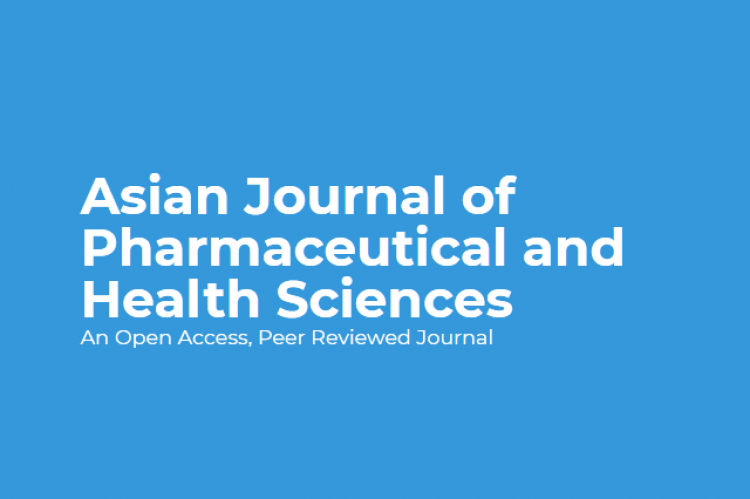The biosynthesis of DNA, RNA and protein are essential processes which cells carry out in different ways. The regulation of these processes varies from cell to cell but ultimately enhances the production of desired products as well as gives a better understanding to the functionality of the genes. The process that cells and viruses use to regulate the way the information in their genes is turned into gene products varies. Although a functional gene product may be an RNA or a protein, the majority of known mechanisms regulate protein coding genes. Any step of the gene's expression may be modulated, from DNA-RNA transcription to the post-translational modification of a protein. In cloning the regulation of the synthesis of DNA, RNA and protein occurs in the individual process resulting in the outcome of a ‘perfectly’ cloned gene. Furthermore, gene regulation drives the processes of cellular differentiation and morphogenesis, leading to the creation of different cell types in multicellular organisms. This review takes a look at some of the ways in which these processes are regulated.
View:
- PDF (364.2 KB)


